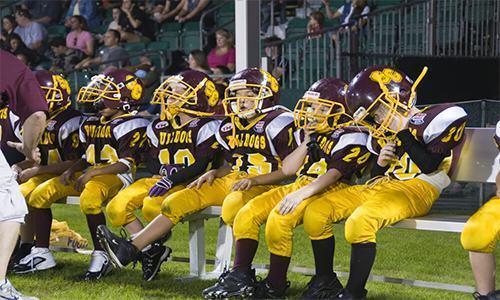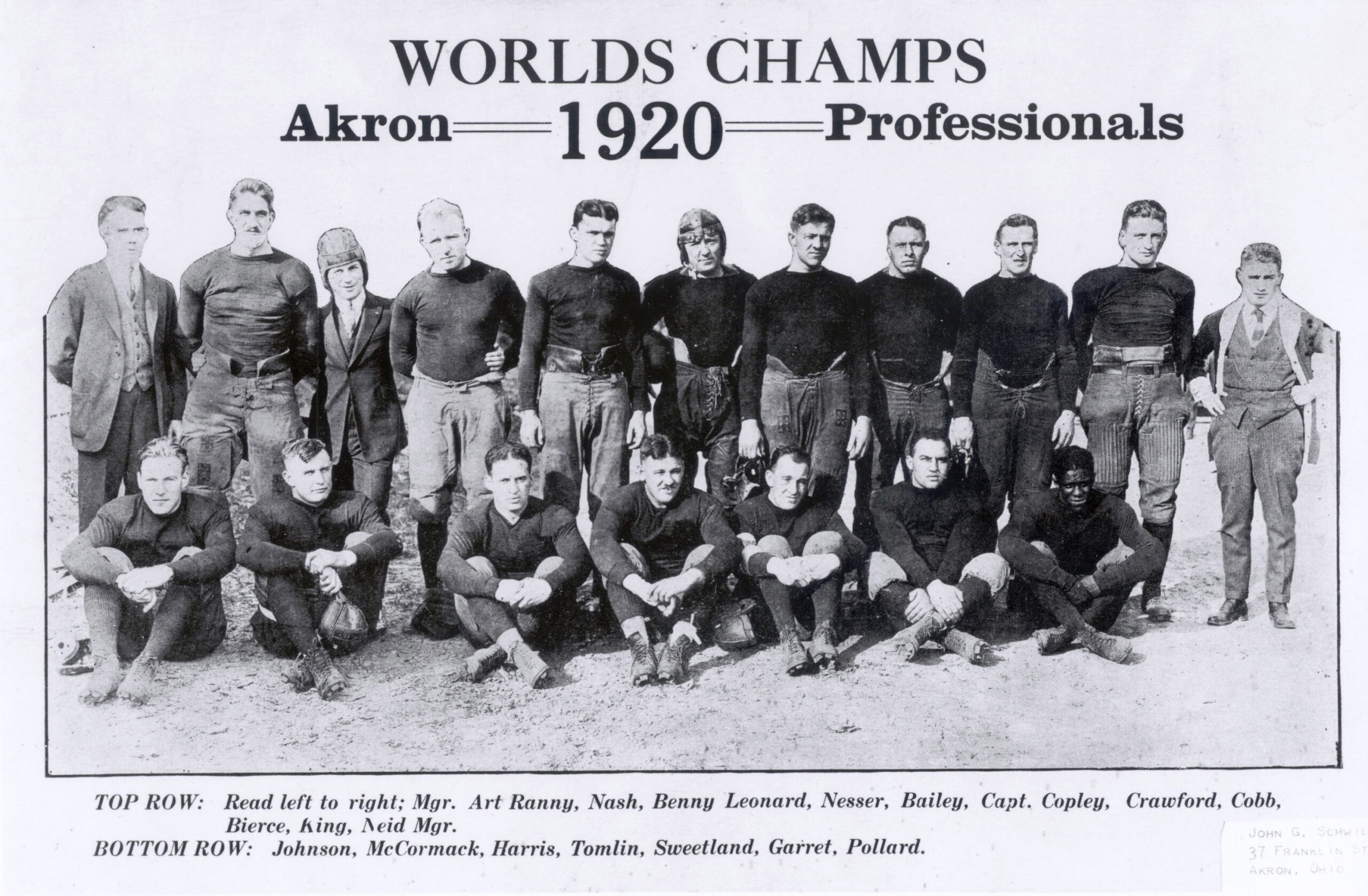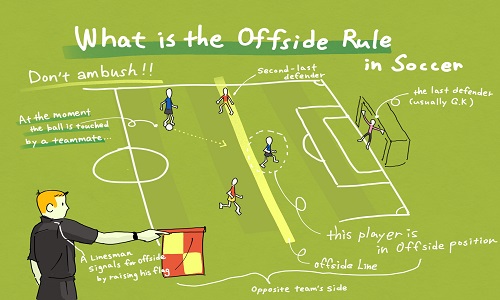What Is A Field Goal In Basketball? [An Ultimate Guide]
The main goal of basketball is to score more points than the other team. Of course, this is only feasible if your squad regularly and effectively scores field goals. So, what is a field goal in basketball?
A basketball player’s two-point or three-point shot during a live match is a field goal. The number and proportions of field goals made are essential factors in assessing a player’s effectiveness on the court.
Let’s dive right into the article with Scott Fujita!
Contents
What Is A Field Goal In Basketball Called?
A field goal in basketball is a two-point and three-point shot made by an attacking player. A free throw seems to be the only shot in basketball that is not considered a field goal and has statistics.
What Is A Field Goal?
Most basketball players aren’t familiar with the term “field goal.” Basketball players do not score goals or compete on a field, but they make baskets and participate in court. It is also the same word that’s used in American football to describe a three-point play.
View more: What are the 5 positions in basketball
While this may sound perplexing, the phrase ‘field goal’ is a very ancient basketball term that dates back to when the court was referred to as the ‘playing field’ and baskets were referred to as ‘goals.’
‘FG’ stands for ‘field goal’ on a statistic sheet, and there are three key statistics to keep track of evaluating field goal efficiency: field goals attempted (FGA), field goals made (FGM), and field goal percentage (FG%) (FG percent).
There are several ways to kick a field goal and numerous variants of those methods, but they belong to two parts: two-point and three-point field goals.
The three-point field goal, on the other hand, is denoted by the letters “3PM,” “3PA,” and “3P percent.” It makes no difference which classifies a field goal belongs to. However, there are three things that need to happen before the official calls it a field goal:
- Whenever the ball is out of your hand, your feet must be inbounds.
- Before the 24-second shot clock runs out, the ball must be out of your hands.
- If the ball does not fall in your team’s basket, the other side will award the scores.
Is A Field Goal The Same As A Free Throw?
Free Throw Is Not A Field Goal.
In basketball, the free throw is the only shot that is not a field goal. Apart from the free throw, other shots anywhere on the basketball field are field goals. Free throws are shots made from the free-throw line, theoretically on the court but not used in the regular game.
Related:
What Is A 2-Point Score In Basketball?
A two-point field goal is any shot inside or on the three-point line that is not a free throw. In other words, it is a two-point field goal if a player starts their shot with foot on the three-point line.
There are several options for attempting a two-point field goal from inside the three-point line:
- Layup: A layup occurs when an attacking player drives to the hoop and shoots a two-point field goal without contacting the hoop from inside the paint line.
- Dunk: A dunk is a 2-point field goal attempt in which an offensive player leaps under the hoop and hangs on the hoop for a spectacular finish.
- Hook: It is a hook shot when an attacking player takes a 2-point field goal with one hand stretched away from the opponent and shoots above their head.
- Floater: When an offensive player goes to the goal, he abruptly stops in the middle of the drive to float the basketball high to go past the defense.
- Jump Shot: When an attacking player makes a two-point field goal from anywhere on the floor.
In basketball, any of the above scenarios count as an attempted field goal, and if the ball gets in the hoop, it counts as a scored field goal. There are variants on the above field goals which should be addressed.
Jump shots, for instance, can be classified as a regular jump shot, a turnaround, fadeaway, leaning jump shot, or a bank shot. No matter what the variation is, as long as it is a 2-point shot, it is a field goal.
What Is A 3-Point Score In Basketball?
To be termed a three-point field goal, an offensive player has to shoot with his foot behind the three-point line. If the athlete has a foot on the line, it isn’t considered a three-pointer. The three-point line is an arc, not a straight line.
The NBA’s top of the arc is 23’9″ from the basket’s middle, and it is 22’0″ away from the basket’s center on the baseline. On the other hand, In FIBA, WNBA, and collegiate basketball, these statistics are lower.
Three-Point Line In Basketball.
A jump shot is the most common technique for a player to try a three-point field goal in a basketball game, owing to the difficulty of attempting a layup without stepping within the three-point line. A version of the free throw, such as the ones mentioned above, is also used to try three-point field goals.
Hook shots and floaters occur occasionally, but only when the shot clock runs down, and the player cannot get a greater chance. A three-point play ensues when an offensive player gets fouled by the defense while trying a two-point field goal.
The attacking player is then given one free throw, giving them a 3-point play chance. The subsequent free throw does not count as a 3-point field goal on the stat sheet if the player makes it.
Instead, it counted as a 2-point field goal and one free throw (referred to as an ‘FT’ on the stat sheet). If the player hits the shot, though, the basketball field goal is not recorded. Instead, two free throws belong to them.
If an attacking player is fouled while making a three-point field goal and makes the shot, it is classified as a 3-point field goal as well as the player is given one free throw.
On the other hand, if a player gets fouled while shooting a three-point field goal, they are given three free throws; however, the basketball field goal is unacceptable.
How To Calculate Field Goal Percentage?
Top Of Arc From The Basket Of NBA Is 23’9” .
The NBA’s top of the arc is 23’9″ from the basket’s middle. There are few statistics more significant than field goal percentage when evaluating a basketball player’s efficiency on the floor. There are various methods to calculate this statistic, from the most simple to the most complicated.
The most straightforward method is to divide the number of field goals scored by the number of field goal attempts, then multiply by 100. For a better understanding, consider the following:
Field goal proportion = (field goals made) / (field goals attempted) x 100
You utilize all field goals attempted or made throughout the game for computing field goal percentage. It implies 2-point, and 3-point field goals are allowed, but no free throws.
Because three-pointers are more challenging to make than two-pointers, they have their statistics category for determining shooting percentage.
Whether in a game or while preparing, tracking and monitoring your field goal and three-point proportion is always a brilliant idea. As a basketball player, striking that balance is the most challenging task.
What Is Effective Field Goal Percentage?
Field Goal Percentage Shows Your Effectiveness In The Game.
To figure out the effective field goal percentage, sum up all of the two-point field goals made.
This statistic will always be greater than your regular field goal percentage since it shows your field goal percentage if you only attempted two-point field goals. You are more effective in the game since they are worth more points.
Many basketball experts have adopted a new method of calculating field goal percentage, effective field goal percentage, since three-point field goals are more challenging than two-point field goals.
Then double the ratio of made three-point field goals by 1.5 and add it to the two-point field goals. Once you get that number, reduce it by the overall number of field goal attempts and multiply that number by 100. There you have it!
Final Thoughts
We hope after reading this article, you can better understand what is a field goal in basketball. Any shot that was taken from the court, whether a three-point or a layup shot, may be classed as a field goal in basketball.
If you are still unsatisfied with this article, you can refer to Scott Fujita for more helpful information.
Thank you for following this post!






![[Lastest Update] Top 10 Best Soccer Cleats For Kids 2024 6 Best soccer cleats for kids scott fujita](https://www.scottfujita.com/wp-content/uploads/2021/03/Best-soccer-cleats-for-kids-scott-fujita.jpg)






![[Top-Rated] The Best Basketball Shoes For Ankle Support 2024 13 best basketball shoes for ankle support scottfujita](https://www.scottfujita.com/wp-content/uploads/2021/07/best-basketball-shoes-for-ankle-support-scottfujita.jpg)


![What Is A Field Goal In Basketball? [An Ultimate Guide] 16 what is a field goal in basketball scottfujita](https://www.scottfujita.com/wp-content/uploads/2021/10/what-is-a-field-goal-in-basketball-scottfujita.jpg)
![What Is A Field Goal In Basketball? [An Ultimate Guide] 22 what is a field goal in basketball scottfujita 1](https://www.scottfujita.com/wp-content/uploads/2021/10/what-is-a-field-goal-in-basketball-scottfujita-1.jpg)
![What Is A Field Goal In Basketball? [An Ultimate Guide] 23 what is a field goal in basketball](https://www.scottfujita.com/wp-content/uploads/2021/10/what-is-a-field-goal-in-basketball-scottfujita-2.jpg)
![What Is A Field Goal In Basketball? [An Ultimate Guide] 24 what is a field goal in basketball scottfujita 3](https://www.scottfujita.com/wp-content/uploads/2021/10/what-is-a-field-goal-in-basketball-scottfujita-3.jpg)
![What Is A Field Goal In Basketball? [An Ultimate Guide] 25 what is a field goal in basketball scottfujita 4](https://www.scottfujita.com/wp-content/uploads/2021/10/what-is-a-field-goal-in-basketball-scottfujita-4.jpg)
![What Is A Field Goal In Basketball? [An Ultimate Guide] 26 what is a field goal in basketball scottfujita 5](https://www.scottfujita.com/wp-content/uploads/2021/10/what-is-a-field-goal-in-basketball-scottfujita-5.jpg)





![What Are The 5 Positions In Basketball? [And Their Roles] 38 what are the 5 positions in basketball scottfujita](https://www.scottfujita.com/wp-content/uploads/2021/10/what-are-the-5-positions-in-basketball-scottfujita.jpg)







